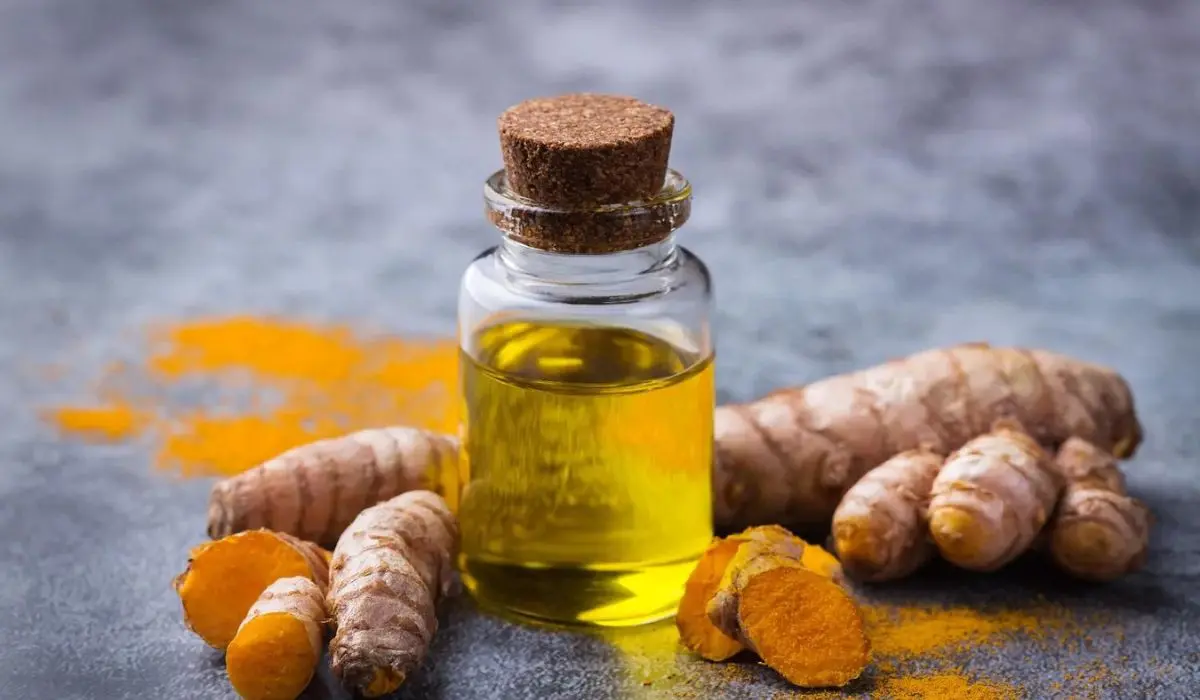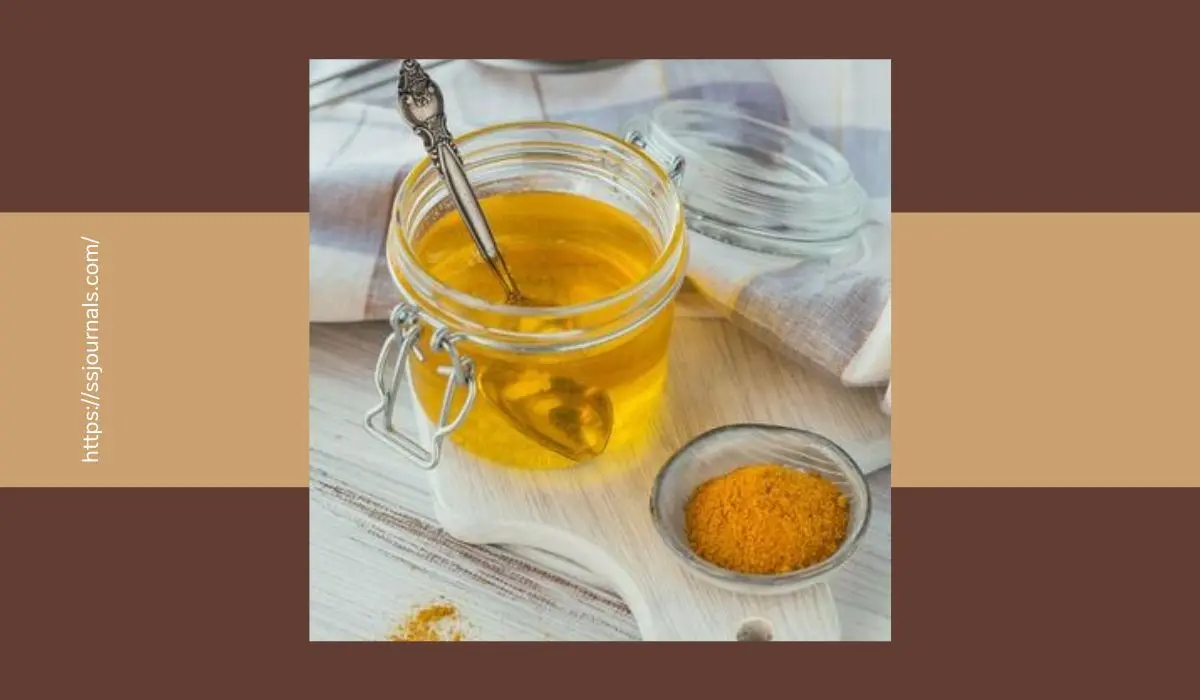Turmeric oil is one of the main ingredients that can be found in almost all Indian households for its varied benefits in the health of your skin and hair. Apart from these cosmetic benefits, it can also be used in a lot of recipes to enhance the overall health and wellness of an individual.
What Is Turmeric Oil Used For?

Turmeric oil is made from the roots of the turmeric by processing the same. However, there are fewer chances for the benefits of the oil to be lost during the processing time, unlike the other oils. In this article, we will be discussing some of the most important skincare and hair care benefits of turmeric oil in detail so that you will be able to make the most out of it for your various cosmetic concerns. We would also be discussing the right way to use the oil to acquire the maximum benefits.
1. Heals Acne
This is one of the major skincare benefits when you prepare essential oil with turmeric and then apply it to your face. If you are someone struggling with the issue of acne and pimples, then turmeric oil can be of immense help to you. However, it is important to note that you should not use the oil directly on your bare skin.
If you are planning to get the benefits of turmeric oil through topical application, make sure you are mixing 2-3 drops of the oil with any type of carrier oil such as coconut oil, jojoba oil, apricot oil, and so on. The antiseptic and antifungal properties of turmeric can be beneficial to dry out the acne soon and heal it properly. The anti-inflammatory properties of turmeric oil also help in curing the inflammation of acne and pimples.
2. Slows down skin ageing
Fine lines and wrinkles are appearances on your face that are signs of ageing. This happens as a part of the natural ageing process in human beings. However, if you are having these appearances quite early, it needs to be addressed properly so that you will not end up having visible signs of premature ageing.
When it comes to the uses of turmeric oil, a lot of people can use it widely for its anti-ageing benefits across the globe. For this, all you need to do is drop 2-3 drops of turmeric oil into a more lightweight oil and then apply it to your face skin. You may also give a thorough massage for your skin after the application. Make sure you are massaging in upward strokes instead of downward strokes to prevent sagging of the skin, which can lead to more adverse results.
3. Reduces dandruff
Dandruff is a hair health issue faced by a lot of people across the globe. Turmeric oil for hair must be a controversial topic since there are a lot of traditional medicine branches that believe that turmeric oil can lead to premature greying of your hair strands.
However, since there is not any conclusive evidence regarding the same, there is no point in neglecting the hair care benefits of turmeric oil. Since there are a lot of antimicrobial and antifungal properties in turmeric oil, it can fight against dandruff and other types of scalp inflammation quite easily.
Apart from that, it is also important to note that you may also use turmeric oil on the scalp to make it squeaky clean and wash off any kind of dirt or impurities accumulated in the area. However, it is also important to mix turmeric oil along with your regular hair oil so that you will not end up being unable to stand the relatively high potency of the turmeric oil.
4. Turmeric oil for hair fall
If you are someone who is struggling with the issues of hair fall and other issues, applying turmeric oil can also be mentioned as an appropriate solution. However, not everyone may benefit from this particular oil to solve the issue of hair loss. If your hair loss is caused due to a fungal infection of the scalp, then you are highly likely to benefit from the application of turmeric oil.
Thus it can be said that turmeric stops hair loss. Just like how you have done the application of the oil to remove dandruff, make sure that you are using turmeric oil by mixing it with any kind of carrier oil to reduce the high potency. It is also important to give a good massage to your hair after the application to maximise the benefits you get from the oil.
5. Reduce scalp itchiness
Scalp itchiness is another major issue that you may have. To resolve this issue, you can use turmeric oil in moderation and also in diluted form. Itchy scalp, any kind of scalp inflammation, redness on the scalp, bleeding scalp, etc can be fixed with the application of turmeric oil in the right manner. Mixing it with other carrier oils is the best way by which you can make use of turmeric oil so that it will not cause any other undesirable reactions on your scalp.
6. Improves skin brightness
This is another important benefit of turmeric oil for your skin. If your skin has been dulled by continuous exposure to the harmful rays of the sun, or any other chemical elements such issues can be resolved by applying turmeric oil to your skin. There is no need to dilute the oil if you are using it for your body.
However, if you are using it for your face, make sure to dilute it before use. Apart from that, another important thing you should keep in mind is that turmeric oil can only improve the brightness of your skin and it cannot be used to improve the skin shade or skin whitening since that depends upon the melanin content in individual skin type.
Now that you might have understood all the major benefits and uses of turmeric oil for your hair and skin. Turmeric oil is less likely to cause any kind of infection or allergies to most people. However, it is advised that you do a patch test before a full-fledged application so that you do not have to suffer from any adverse effects from the same.

